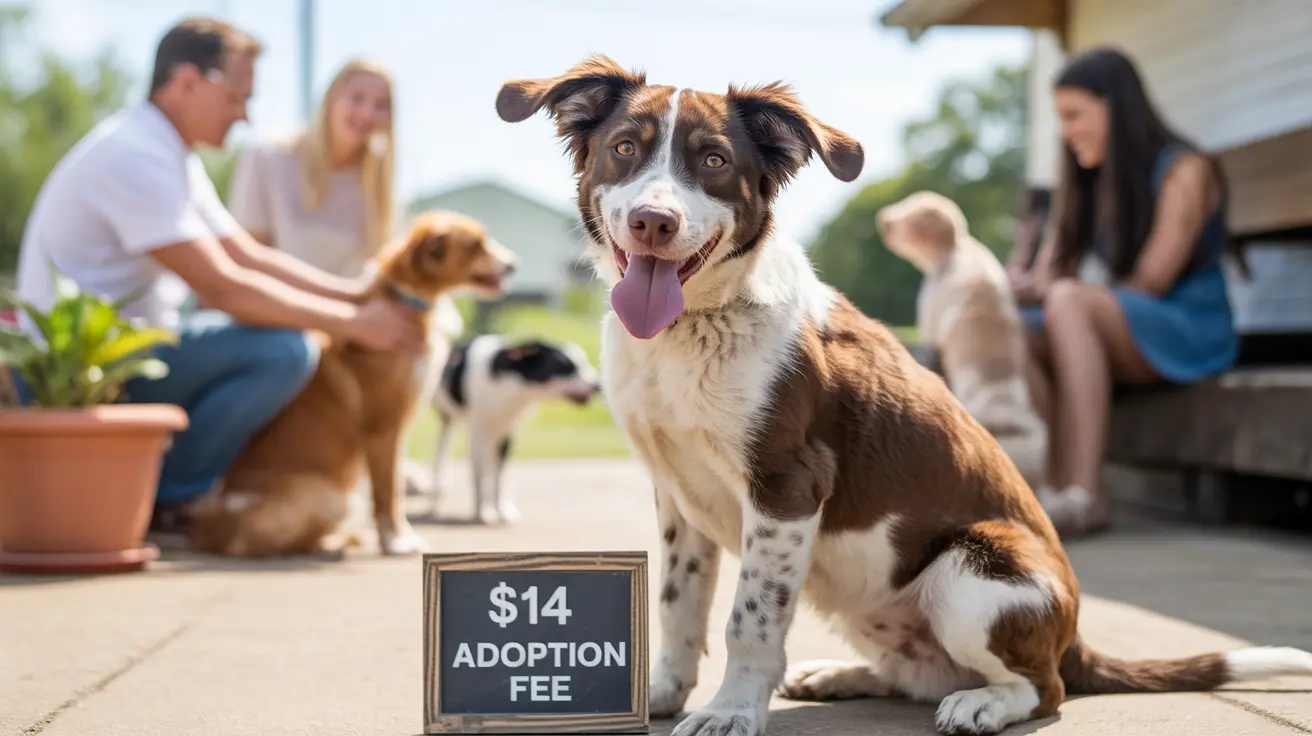Is Backyard Dog Breeding Illegal? What You Need to Know
Pet ownership is often filled with joy, but when it comes to breeding pets—especially dogs—questions about legality and ethics arise. A common query among pet owners and aspiring breeders is: Is backyard dog breeding illegal? The answer is nuanced and heavily depends on jurisdiction, regulation compliance, and breeding practices.
What Is Backyard Dog Breeding?
Backyard breeding refers to the practice of breeding dogs at home, generally by individuals who are not certified or registered breeders. These breeding operations typically occur on a small scale and often prioritize profit or convenience over responsible breeding practices.
Common characteristics of backyard breeding include:
- Unlicensed breeding without health testing
- Improper or insufficient care for breeding animals
- Lack of genetic screening, leading to unhealthy litters
- Overbreeding of animals for their profit potential
Is It Legal to Breed Dogs in Your Backyard?
The legality of backyard dog breeding varies by location. Some municipalities and states allow it under certain regulations, while others require breeders to be licensed, comply with zoning laws, and meet animal welfare standards.
Local and State Regulations
Most U.S. states do not explicitly outlaw backyard breeding. However, breeders may be subject to:
- Zoning laws that prohibit breeding in residential areas
- Animal welfare regulations set by state or local governments
- Licensing requirements for selling puppies
- Caps on the number of animals one can keep without triggering kennel regulations
Failure to comply with these can result in fines, seizure of animals, or criminal charges.
Federal Regulations
Under the Animal Welfare Act, enforced by the USDA, some breeders must be licensed if they breed pets for commercial sale, especially if animals are sold across state lines. Backyard breeders who sell puppies via the internet or ship them may fall under these federal guidelines.
When Backyard Breeding Becomes Illegal
Backyard breeding crosses into illegality when any of the following occur:
- Animal cruelty or neglect
- Operating without required licenses
- Violating zoning or housing codes
- Running a business in a residential zone without proper authorization
- Breeding banned or restricted dog breeds in certain jurisdictions
Law enforcement or local animal control can take action if there's evidence of poor living conditions, medical neglect, or abuse.
The Ethical Side of Backyard Breeding
Even if backyard breeding may be legal in some areas, ethical concerns remain significant. Poor breeding practices can result in numerous animal welfare issues, such as:
- Genetic health defects in puppies
- Overpopulation leading to euthanasia in shelters
- Behavioral problems due to lack of socialization
- Neglect of veterinary care
How to Breed Dogs Responsibly
If someone intends to breed dogs, experts recommend adhering to the following practices:
- Obtain proper licenses and permits
- Conduct health screenings for inherited conditions
- Provide optimal care for both parent dogs and puppies
- Comply with local, state, and federal regulations
- Ensure puppies go to responsible, vetted homes
Alternatives to Backyard Breeding
Rather than engaging in backyard breeding, consider:
- Adopting from shelters to reduce overpopulation
- Working with certified, ethical breeders
- Supporting spay/neuter programs
Conclusion
Backyard dog breeding is not automatically illegal, but it is heavily regulated and frequently falls short of responsible breeding standards. Pet owners should educate themselves about local laws before breeding and prioritize animal welfare. By ensuring responsible practices, we can collectively promote healthier, happier lives for our pets.





